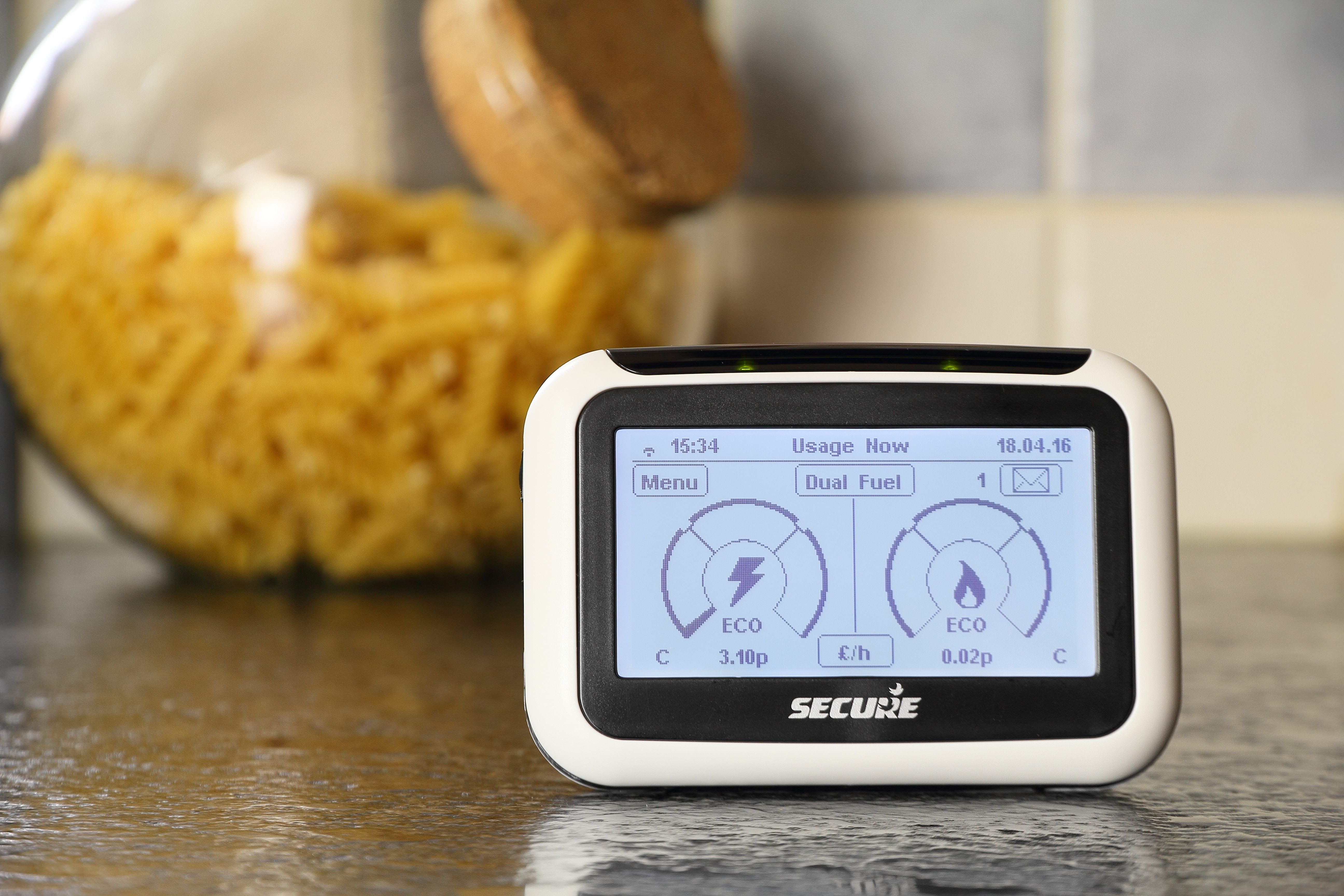After suffering through a long and gruelling six years of austerity, UK shoppers bucked the trend of frugal shopping last Christmas, according to recently released retail figures.
Bored of austerity, shoppers over the festive season were looking for affordable luxury to lift their spirits, for example breaking away from cheap sausage rolls in favour of smoked salmon and scallops. Morrisons supermarket reported sales on smoked salmon was up by 26% on the previous year, and Sainsburys revealed that they saw an 18% rise in sales of their “Taste the Difference” range compared to figures for last year.
In stark contrast, discount chains such as Poundland had to issue a profits warning as their sales took a nose dive. Even Asda supermarket saw profits plunge over the festive period, reflecting the slowing growth of low price retailers in general over last year. This also shows a shift from customers buying good based on their cheap price alone.
What Does This Mean For Small Business Retailers?
Industry experts say that the edge has been taken off cheap prices as the pure driver of sales, and shoppers are now looking for affordable luxury and unique items not commonly found within discount stores. Consumers may be a little better off now than in previous years, but they are still being careful with their money, so rather than rushing out to snap up all the bargains in the Christmas and New Year sales, they are becoming a bit more choosy over what they spend their money on. Retail experts are predicting that this sort of spending will continue this year.
Maureen Hinton, global research director at Conlumino, said: “People want value but that doesn’t mean it has to be at the lowest price. They are prepared to pay the price if they think they are getting the best value.”
This is good news for small businesses that have been struggling to compete with larger corporations or discount chains. People are growing tired of bargain basement generic goods, factory produced items and cheap jewellery. They are instead turning to the local farmers market for locally produced goods, local craft stalls and independent shops for unique items not commonly found in supermarkets or big chain stores.
More Experience Spending
Industry experts are also predicting that people are now increasingly likely to spend money on experiences this year over goods, in an effort to shake off austerity fatigue. More people are predicted to go to the cinema with friends, and eat out rather than at home, so good news if you are an independent restaurant. Those offering experience days for balloon trips, rally car driving, coasteering, paragliding, offer pamper spa days, golf or archery lessons, or offer pony trekking days are expected to see a rise in bookings too, with one-fifth of people polled by Barclaycard saying they planned to go out more.
In a recent study conducted jointly by the Retail Think Tank, KPMG and research group Ipsos, found that shopping habits were “changing fundamentally,” and people’s money was “not hitting the retail tills”. The study has shown that retail therapy is being replaced by a rise in popularity for experience spending, with people favouring meals out, day trips and beauty treatments.
Of the people polled, 78% stated that the now believe that ‘experiences’ are worth more than goods you can buy in the shops. So a big shift from retail spending towards more travel and leisure time. The mindsets of people are changing, and they no longer feel that they need lots of ‘things’ any more. While this is proving to be bad news for the large retail chains and discount stores, it is all good news for small businesses that can offer something different and unique that is far removed from the generic ‘stuff’ offered by the big names.
Big Business is Struggling
The major high street chains are already finding it difficult to compete with the rise in online shopping, and the introduction of the new living wage this April will only add to their mounting costs. The so far relatively low wages of shop staff will increase to £7.20 per hour in April, rising to £9 per hour by 2020, which will be a big hit on the profits of retail giants. This is not such an issue if you are a sole trader working in your own small shop or outlet in your local town.
The future success of any business will rely on them knowing their own customers, talk to them, understand them, and love them. Martin Hayward of Hayward Strategy and Futures said “The appeal of relentlessly chasing the deal is beginning to diminish.”
At the moment, with the falling price of oil and petrol, things like day trips and meals out are becoming more achievable because of the extra bit of cash in our pockets. It is no surprise that the attractiveness of experiences over goods will rise this year with people indulging in things that they have been denying themselves for the past six years.
[do_widget id=text-12]



